What is Narcosis?

Narcosis, often referred to as “the rapture of the deep,” is a condition that affects scuba divers when they descend to certain depths underwater. It is a state of altered consciousness caused by the pressure of breathing gases at depth. Understanding narcosis is crucial for divers to ensure their safety and well-being while underwater. This condition can impact a diver’s mental and physical capabilities, leading to potentially dangerous situations if not recognized and managed properly. As such, it is a topic of significant importance in the field of scuba diving, both for recreational and professional divers.
What is Open Circuit Scuba?

Open circuit scuba diving is a method of underwater diving in which the diver breathes from a tank of compressed gas and exhales directly into the water. This system is contrasted with closed-circuit systems, where exhaled gas is recycled and re-breathed. Open circuit scuba is the most common and widely used system in both recreational and professional diving. It is valued for its simplicity, reliability, and the extensive training programs available to certify divers. The ease of use and availability of open circuit scuba equipment have made it a cornerstone of underwater exploration.
What is Off-Gassing?

Off-gassing, within the context of scuba diving, refers to the process by which dissolved gases, primarily nitrogen, are expelled from a diver’s body during ascent. This phenomenon is crucial for diver safety, particularly in avoiding decompression sickness, commonly known as “the bends.” Understanding off-gassing is essential for divers to manage their ascents properly and ensure that the nitrogen absorbed under pressure is released gradually and safely.
What is an Over Pressure Valve?
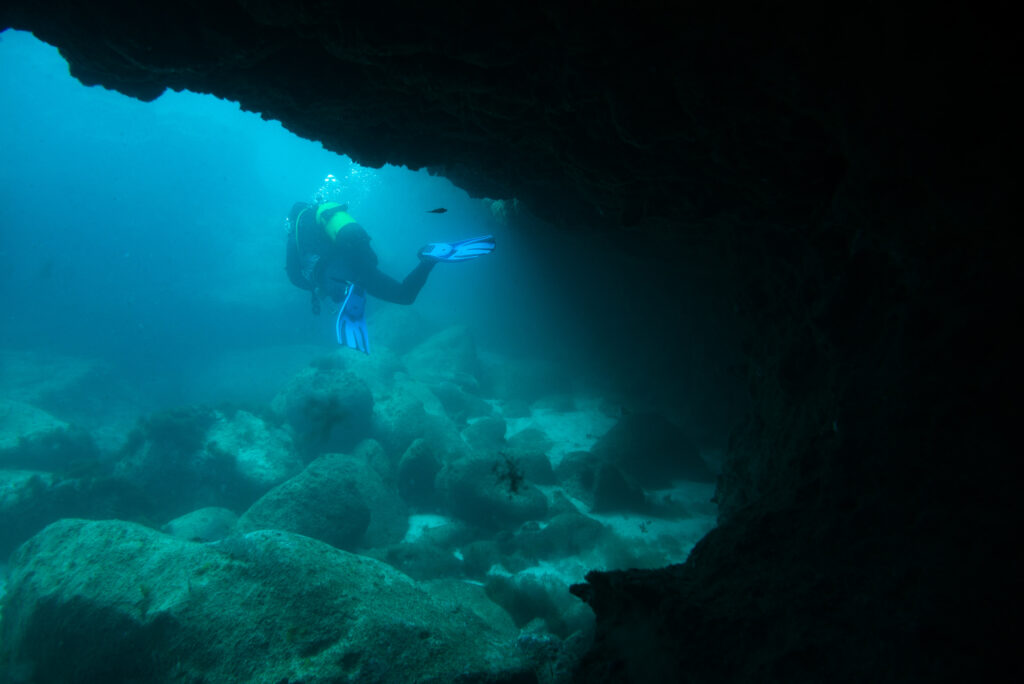
An over pressure valve (OPV) is a critical component in scuba diving equipment designed to prevent the dangerous buildup of pressure within sealed systems. These valves automatically release excess pressure, ensuring the safety and functionality of diving apparatus such as buoyancy control devices (BCDs), drysuits, and rebreathers. The primary function of an OPV is to maintain safe pressure levels, thereby protecting divers from equipment failures that could lead to hazardous situations underwater.
What is Hypoventilation?
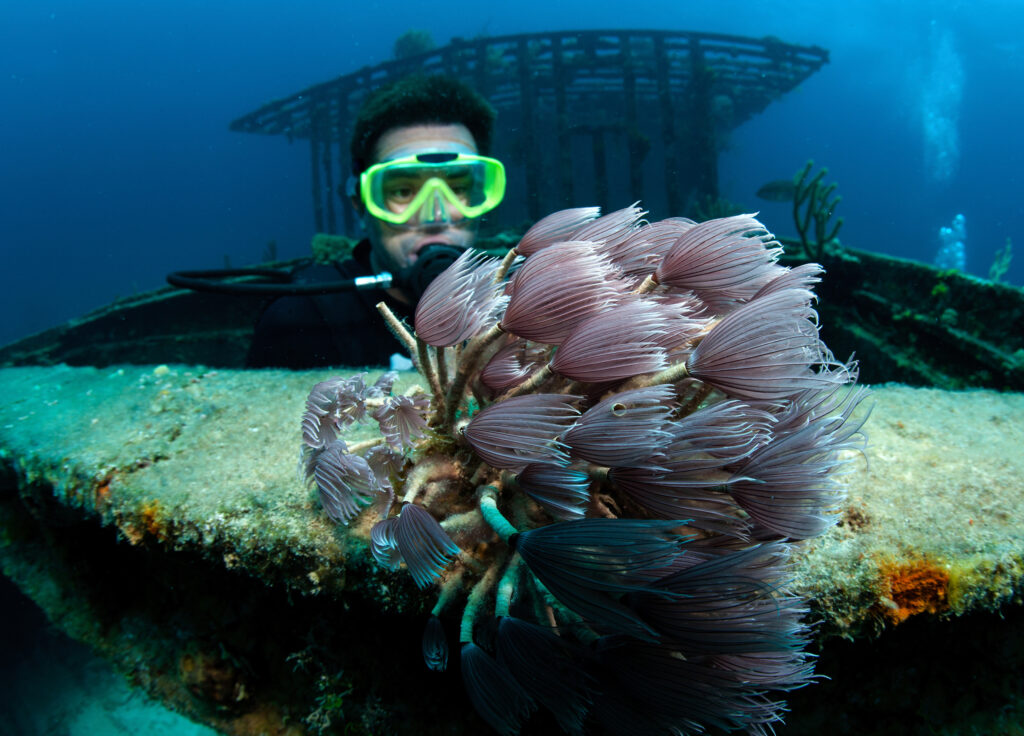
Hypoventilation, a crucial concept in scuba diving, refers to a reduced rate or depth of breathing that results in inadequate ventilation and increased levels of carbon dioxide (CO2) in the blood. Understanding hypoventilation is essential for scuba divers, as it directly impacts their safety and overall diving experience. In the underwater environment, where divers are subject to various physical and physiological stressors, maintaining proper breathing patterns is vital to avoid complications such as hypercapnia and its associated risks. This entry will delve into the physiology of breathing underwater, the mechanisms and causes of hypoventilation, its effects on divers, and best practices for prevention and management.
What is Freediving?
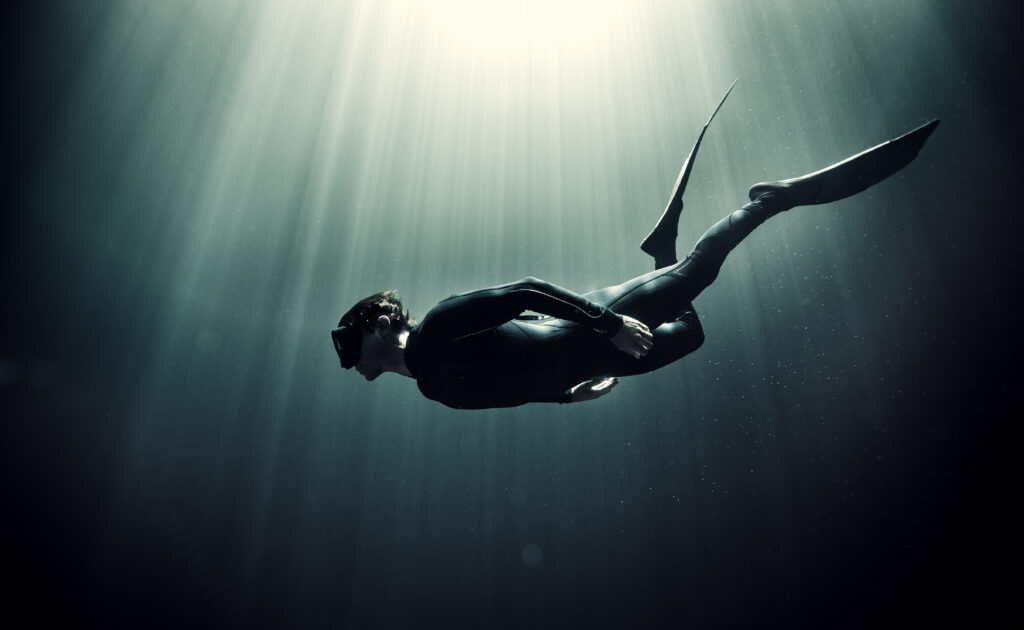
Freediving, also known as breath-hold diving or apnea, is an underwater activity that involves diving without the aid of scuba equipment or artificial breathing apparatus.
What is the Primary Second Stage?
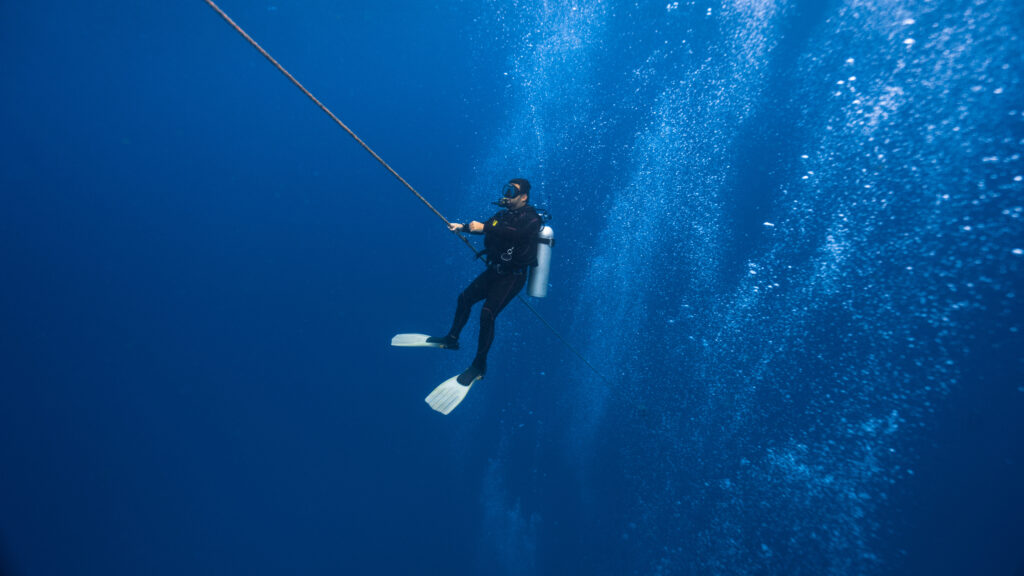
The primary second stage, commonly referred to as the ‘primary,’ is a vital component of the scuba diving regulator system that enables divers to breathe comfortably and efficiently underwater. It consists of the mouthpiece and the purge valve and plays a crucial role in ensuring a smooth, controlled air supply from the high-pressure tank to the diver’s mouth. This entry discusses the primary second stage, its various features, and its function in the context of the broader scuba diving experience.
What is Professional Diving?

Professional diving encompasses a range of underwater activities performed by individuals trained and certified to work in various underwater environments. These divers are equipped with specialized skills and equipment to carry out tasks that support industries such as commercial oil and gas, scientific research, military operations, and public safety. The importance of professional diving lies in its contribution to the economy, scientific discoveries, and public safety operations, making it an indispensable occupation with a rich history and evolving technology.
What is Oxygen?
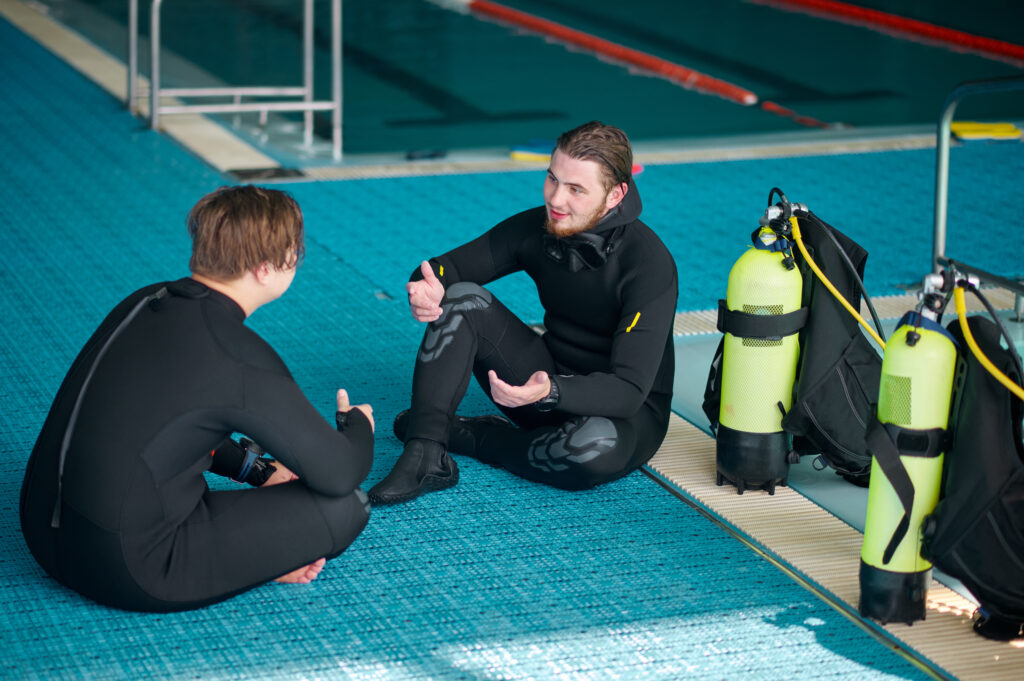
Oxygen is a fundamental element essential for the survival of almost all living organisms. In the context of scuba diving, understanding oxygen’s properties and its role is crucial for both safety and performance. This article delves into the various aspects of oxygen, from its basic chemistry to its physiological effects on divers, and the technologies used to manage it underwater. As one of the critical components in breathing gas mixtures, oxygen’s management and the equipment designed for its delivery are vital for successful and safe scuba diving experiences.
What is Partial Pressure?
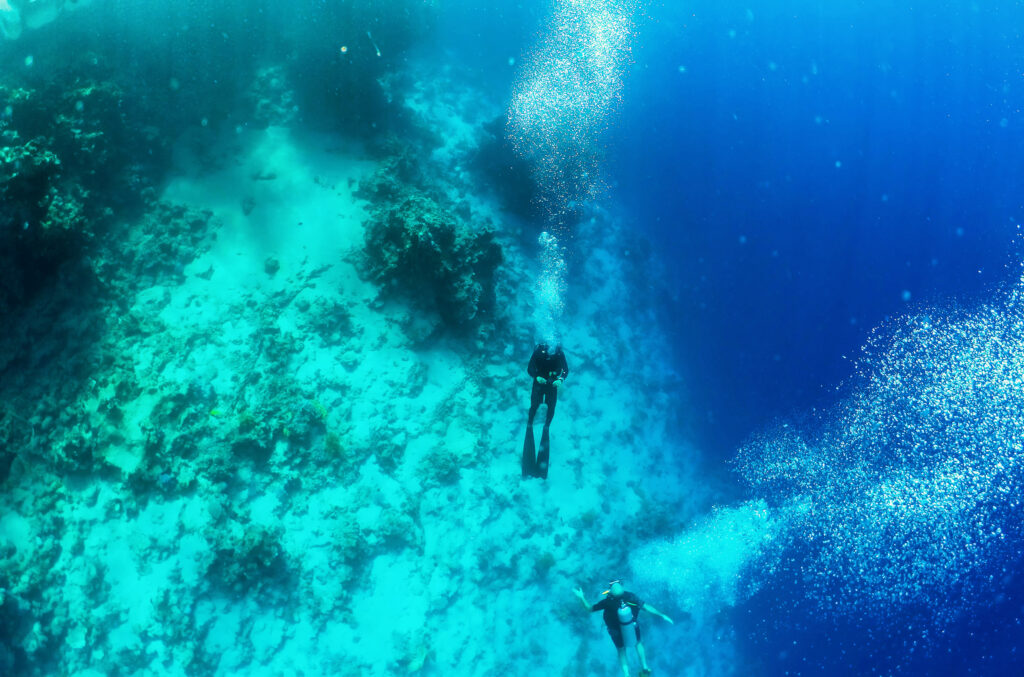
Partial pressure is a fundamental concept in physics and chemistry, particularly significant in the context of scuba diving. It refers to the pressure exerted by a single type of gas in a mixture of gases. Understanding partial pressure is crucial for divers as it influences how gases are absorbed, transported, and expelled in the human body under varying underwater conditions. This concept helps in comprehending how different gases behave under increased pressures encountered at depth and is essential for ensuring safety and preventing diving-related illnesses.
